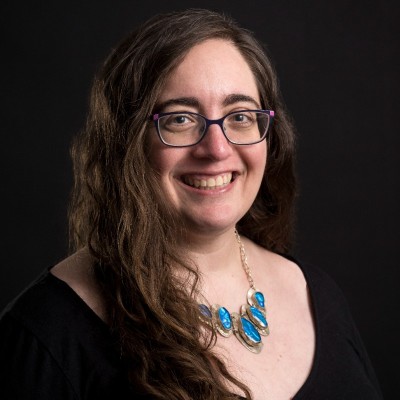News
Legal service firms make case for e-Discovery

They started out producing photocopies, creating exhibits for trials or as consultants. But as more people eschewed paper memos and bound reports for e-mail missives and electronic documents, three local legal services companies also tossed their paper-producing ways in favor of new work in the digital age.
Electronic discovery — the sort used in lawsuits, where one party discloses relevant documents and facts to the other — has been on the rise since late 2006, when new federal rules forced more access to information stored on computers.
Before that change, said Vestige Digital Investigations chief technology officer Greg Kelley, attorneys often made gentlemen’s agreements, deciding not to pursue documents stored electronically for fear that the expense would be too great.
“The traditional discovery (process) was the exchanging of paper,” Mr. Kelley said. Mr. Kelley’s firm is one of three e-discovery companies headquartered in Greater Cleveland, though others have offices here. The Medina-based business does computer forensics, charging between $3,500 and $7,500 to sweep one to three computers. Clients pay added fees to have a report produced or if an expert witness is needed in court.
The company posted $1.5 million in revenues in 2007, and is on track to take in more than $2 million in 2008. It has 10 employees, up from three when it started in 2004, and Mr. Kelley said he expects to add more people before the end of the year.
Other local e-discovery companies are seeing revenues rise, too. JurInnov expects to post $8 million in revenue this year, and has recorded a 50% increase each year for the past three years, senior partner and founder Tim Opsitnick said. Likewise, Visual Evidence/E-Discovery of Cleveland has tripled its revenues over three years, said its president, Dan Copfer. He would not disclose revenue figures, though.
Adapting to change
Mr. Copfer said Visual Evidence/E-Discovery moved to the electronic arena after realizing trial graphics — the company’s previous area of concentration — were one of the last things a lawyer needed. As more cases were settled and business dwindled, Mr. Copfer decided he had to do something that would be used at the front end of a lawsuit, not the back end.
Now, Visual Evidence/E-Discovery clones hard drives, harvests networks and does forensic work on cell phones, PDAs, flash drives, external hard drives and other devices. The company has 24 employees, expects to add six more before January and is doubling its space.
“We’re expanding like crazy,” Mr. Copfer said. “It’s a big industry right now.”
Mr. Copfer’s company does work nationally, often attracting the attention of law firms or clients in more expensive cities. Mr. Opsitnick said he does about 85% of his work outside Cleveland.
E-discovery always has been an option in the discovery process, Mr. Opsitnick said, but a greater awareness of the amount of information available on computers and other devices has caused the business to boom. JurInnov has 12 employees and Mr. Opsitnick said the company could grow “considerably larger” in the coming years.
All three men said most law firms hire their companies, or similar ones, to conduct e-discovery to allay fears that there would be conflicts if someone internal to the firm had to testify about information that was found.
Value in independence
Partners in the e-discovery practices at law firms Benesch Friedlander Coplan & Aronoff and McDonald Hopkins said they work with the Cleveland firms in order to maintain independence in their cases.
Mariann Butch, chair of Benesch’s e-discovery committee, said the availability of high-caliber local expertise has been invaluable for her. She cited a case involving a defamatory e-mail that had been sent, saying she received a court order to image a computer at 4 p.m. and was able to access that computer by 6:30 p.m. because her experts were nearby.
Matt Rechner, who chair’s McDonald Hopkins’ electronic discovery group, said the nearness also cuts down on costs for the firms. While a number of e-discovery firms popped up after the 2006 rule change, Mr. Rechner said only the “cream of the crop” have survived.
“It’s been a nice resource in that we can focus on the law,” Mr. Rechner said. “My background is not in computer science.”
Mr. Kelley said he continues to spread the word about the potential for e-discovery, even organizing an annual gala centered on electronically stored data. This year, it will be held in November.
“The East Coast and West Coast have been doing it for years, but the Midwest has been slow to adopt. We’re educating attorneys on how to use it,” Mr. Kelley said. “We use computers as a witness. We tell how it was used, what it was doing, when it was doing it.”
Crain’s Cleveland Business
By Arielle Cass
